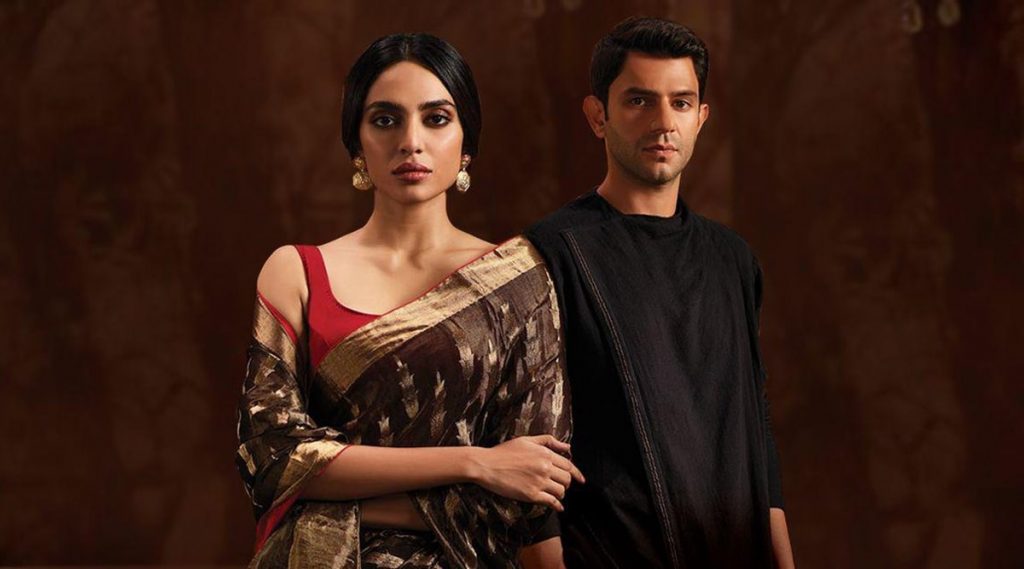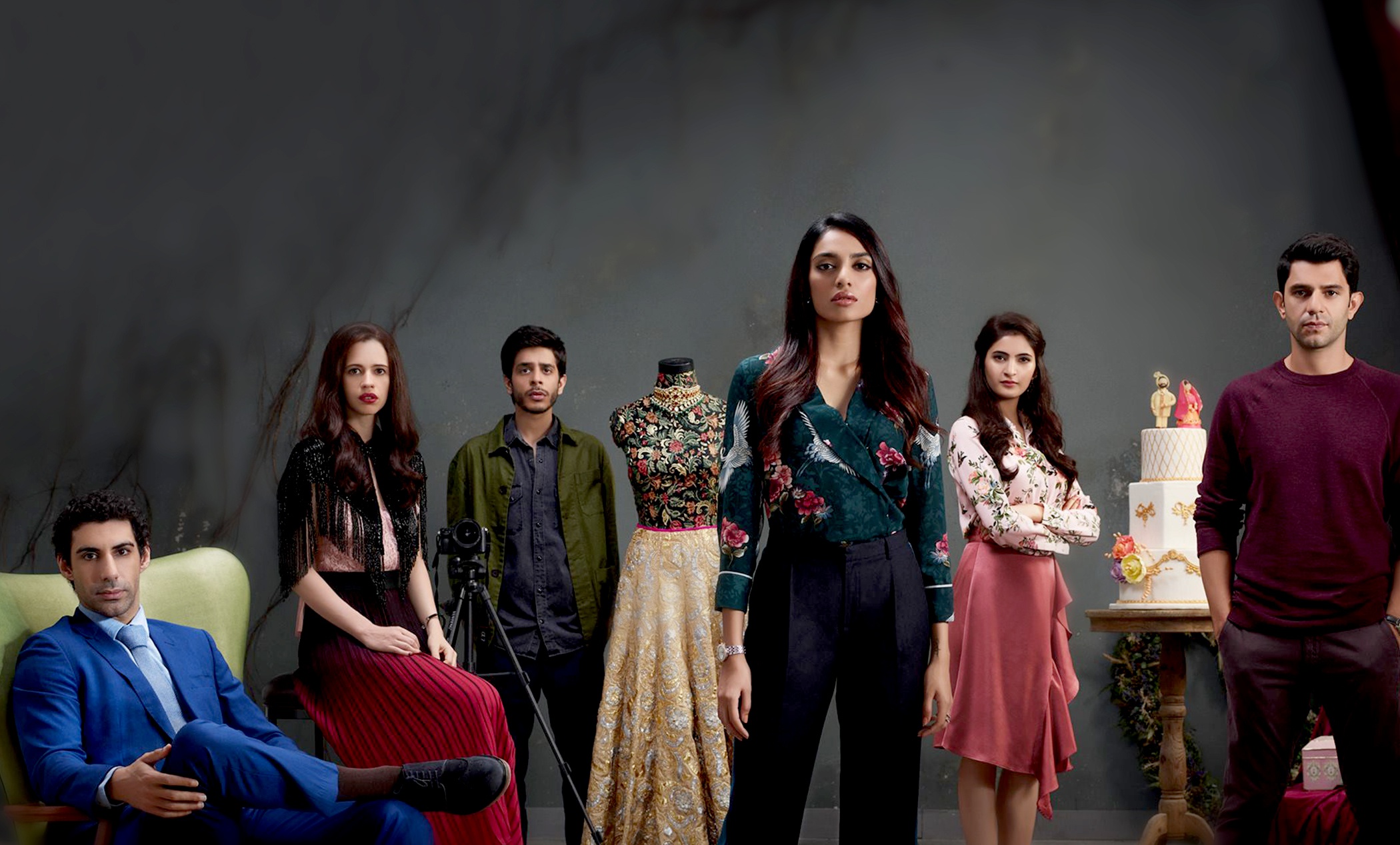To brown millennials, marriage has two meanings: a legal license to live with the love of your life, or the ticket to being partly socially acceptable. What it isn’t usually, though, is a congregation of hearts, a timeless bond and the ideal conclusion to a true love story. Happily ever after: a hoax, a concept, or a fantasy taken too literally?
Indian television and media has forever been criticized for the reinforcement of misogyny and stereotypical gender roles through its movies and daily soaps that are a popular by-stander in every brown household in the subcontinent and beyond.
I myself have grown up watching those serials with elaborate sets, “pure love stories” of heterosexual couples which had been idealized to the point where I used to believe, if I love a man, I would have to commit to complete submission of my mind, body and soul and that would be the epitome of my whole life.
I had my awakening of feminism at the age of 16, when I began to realise how flawed these concepts of love, relationships and gender roles were; I started to notice how after every “I love you” the characters exchanged, the females would suddenly become softer, less expressive and overshadowed by their male counterparts. “Love” and “romance” are not synonymous to submission and deity.
I lost my mind when I heard a foreigner say midway through a Bollywood movie, “Brown women make good wives.” Because it was not a compliment, it was the depiction of how complacent our culture or rather the portrayal of it was making us.
Marriages don’t exist in a vacuum: Made in Heaven by Zoya Akhtar, Reema Kagti and Alankrita Shrivastava

Made in Heaven is a paradox to millennial India, juxtaposed against the shillings of weddings, culture and tradition- some predominant, some changing- a lush blend of ambitions, glass ceilings and human interactions represented by the protagonists Tara Khanna and Karan Mehra.
While Karan (played by Arjun Mathur) struggles internally with homosexuality and a strained relationship with his family, Tara is constantly conditioning herself for the posh life she has married into. Karan’s difficulty in accepting his sexuality is explored through frequent flashbacks from his adolescent years and random encounters with his male partners.
The plot also explores the class distinction in typical Indian societies, through characters like Jaspreet who finds herself in a new world of pretense, where fashion and accents are everything.
The Gen Z of India (or most brown cultures) has 99 problems but a grand wedding ain’t one of them.
Grand weddings aren’t short of a grand business investment; it’s a persistent battle to prove the worth of the families, the bride and groom. The fancier the wedding, the more “love” the parents have for their children. The brown wedding culture is famous for its emphasis on extravagance, but the shamming and scamming lies in the glitz and glamour of either a one-night reception or 5-day functionalities or even better, a destination wedding.
The plot and sub-plot constantly meddle together as Tara and Karan find themselves solving complicated problems in their clients’ lives, while their own simultaneously goes haywire to. There are fillers from each of their pasts, presented as explanations for their current selves; things like adultery, supposed “gold-digging”, heterosexual norms and patriarchal customs that have enslaved their lives are portrayed without fabrication.
Each wedding has its own share of ups and downs, starting from misogynistic parents, cheating partners, business deals and political affairs: everything wrong with marriages in our culture. However, every episode ends with a narrative from Kabir (Shashank Arora), the cinematographer for the company, implying “All’s well that ends well.”
It is quite interesting how Tara is able to provide “happy weddings” to her clients, and convince them that they’re going to get their “happily ever after”, while her own marriage is falling apart.
The season ends in chaos, where Tara and Karan are seen sharing space at their office which has been torn down, with no place to call home. As we wait eagerly for the next season- not sure as to when it’ll be coming out- the story has left a lot of holes to fill, and a whole lot to think about.







